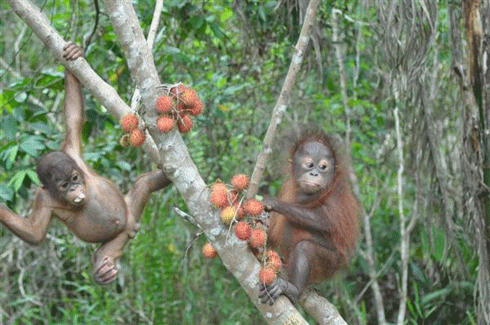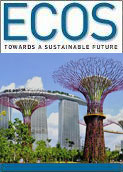
|
Published: 12 March 2013
Presence of scientists wards off poachers and other threats
Many parks and protected areas around the world are being assailed by poachers and encroachers, but a new study suggests scientific research in the parks helps to reduce such threats.
The study by Professor William Laurance from James Cook University shows that scientists aid parks and their biodiversity in many ways – such as by chasing off poachers and by promoting parks to tourists, local communities and governments.
‘In the Amazon, for instance, a Brazilian PhD student once faced down a whole truckload of armed poachers,’ Profesor Laurance said.
‘In Indonesian Borneo, where illegal logging is rampant, scientists have spiked trees to deter illegal timber cutters, and in Papua New Guinea scientists are helping local communities to evaluate offers from logging and mining companies to exploit their traditional lands.
‘There are many conservation heroes out there,’ Professor Laurance said. ‘Dian Fossey was murdered trying to protect a reserve for mountain gorillas, and other scientists face risks on a daily basis.
‘In the Ecuadorian Amazon, for instance, illegal gold miners threatened to burn down a research station when scientists tried to stop them from illegal mining and clearing the forest. And many park guards have been killed or threatened trying to combat illegal poaching, logging and mining.’
However, not all science benefits biodiversity. Some sensitive wildlife species, such as forest elephants, tend to avoid areas frequented by scientists or ecotourists, and on occasion researchers have accidentally transmitted dangerous diseases to wildlife.
But overall, Professor Laurance said, science is having an important protective effect.
‘In an era of financial austerity, it’s important to ask whether cutting scientific research budgets will harm our embattled protected areas and their wildlife.’
Source: JCU




